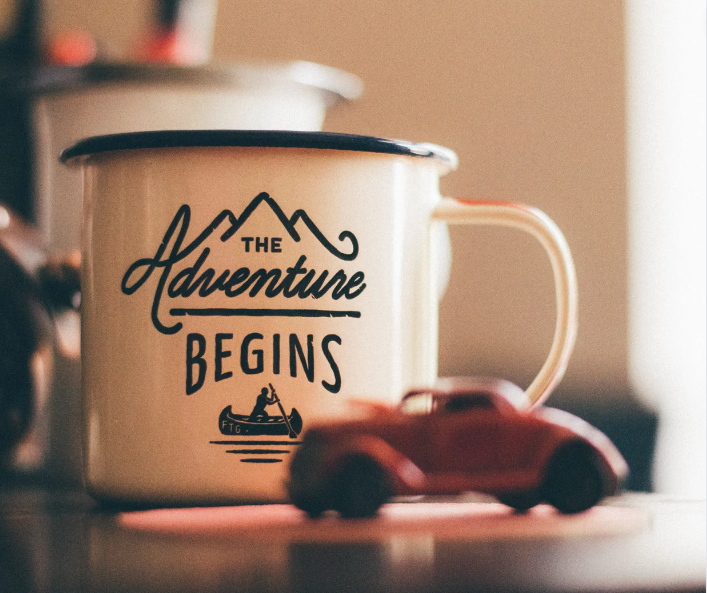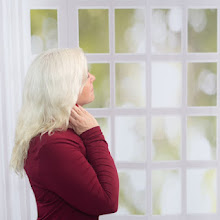Welcome to the Chalkboard Conversations - my take and opinions on things that I hope will help enrich your life, fill your cup, and bring life back to well life!
You can check out the archive here! I hope you enjoy this break from our educational series.
Chalkboard Conversations: Your Next AdventureWait. Do I have everyone’s passports? Did I remember my medication? Did I leave enough food for the dog sitter?
I wanted to go on an adventure but all I feel right now is stressed.
Does this sound like you? Do you want to do something fun and interesting without the days of packing and preparation? Let me introduce you to your next exciting adventure: music concerts. Yes, you heard me correctly, music concerts.
Besides being fun, live music events are good for your health.
Concerts improve your health, allow you to connect with others, and benefit the performers themselves.
According to John Hopkin’s University, if you want to exercise your body, go to a gym. If you want to exercise your brain, listen to live music. From Australia’s Deakin University, John Hopkins, to MIT, researchers are finding out just how and why live music is so important. It can improve anxiety, depression, quality of sleep, mental alertness, memory, blood pressure, and pain.
A study done compared live music concerts to yoga and dog walking. Those who saw a saw a 20 minute live rock concert showed a 21% improvement in overall well-being and heart rate vs. 10% with yoga and 7% of dog walkers (Sorry Rover).
A global study done with 22,500 fans from 11 countries found the majority of fans cited an improved well-being, up to 5x normal, and lasting long after the concert has ended.And the above does not even discuss the benefits of exercise from lots of walking and dancing.
As a chronic concertgoer, it helps my stress level and decreases my pain.
Research shows it also improves your connection with others; both those you go with and those you meet there.
In the global study of 22,500 fans, a biometric experiment showed that 70% of the participants had synchronistic movements similar to effects of oxytocin- the bonding hormone.
My own experience: “the t-shirt connection” (Why we wear music t-shirts to concerts). I just don’t wear these t-shirts to look cool or show off my favorite music groups. Chronic concertgoers wear them to start conversations. We discuss what other music groups we have seen, who we are going to see, and who we wish we had seen.
It benefits the performers. $17.3 billion! – no, not the amount in my banking account. This is the amount music concerts bring in worldwide in 1 year.
Let me give you another number: 37,600 musicians working in 2022 in the UK alone vs. 35,000 in 2010.
Personal story time - Flock of Seagulls Style
Flock of Seagulls Concert went from bad to good thanks to some fans. For the majority of concerts, even if they are having a bad day, the performers act like they want to be there. This concert was different. It was obvious they had not checked the equipment and instruments before they came on stage, they had not rehearsed, and it appeared as if they wanted to be anywhere but on stage performing for us (despite an almost sold out venue). Twenty minutes into the concert they played on of their greatest hits. Immediately after, a couple of audience members shouted out “again.” Soon the whole audience was chanting “again.” I had never seen this happen at a music concert. The group members looked at each and played the dong again. The performers, realizing how much the audience wanted to be there, started to change. Their demeanor improved and they started to enjoy themselves. I can guarantee you we enhanced their lives that day.
Music is powerful. Live music is even more powerful. It does not matter whether you like classical, jazz, gospel, pop, country, heavy metal, hip hop, or rock.






Comments
Post a Comment